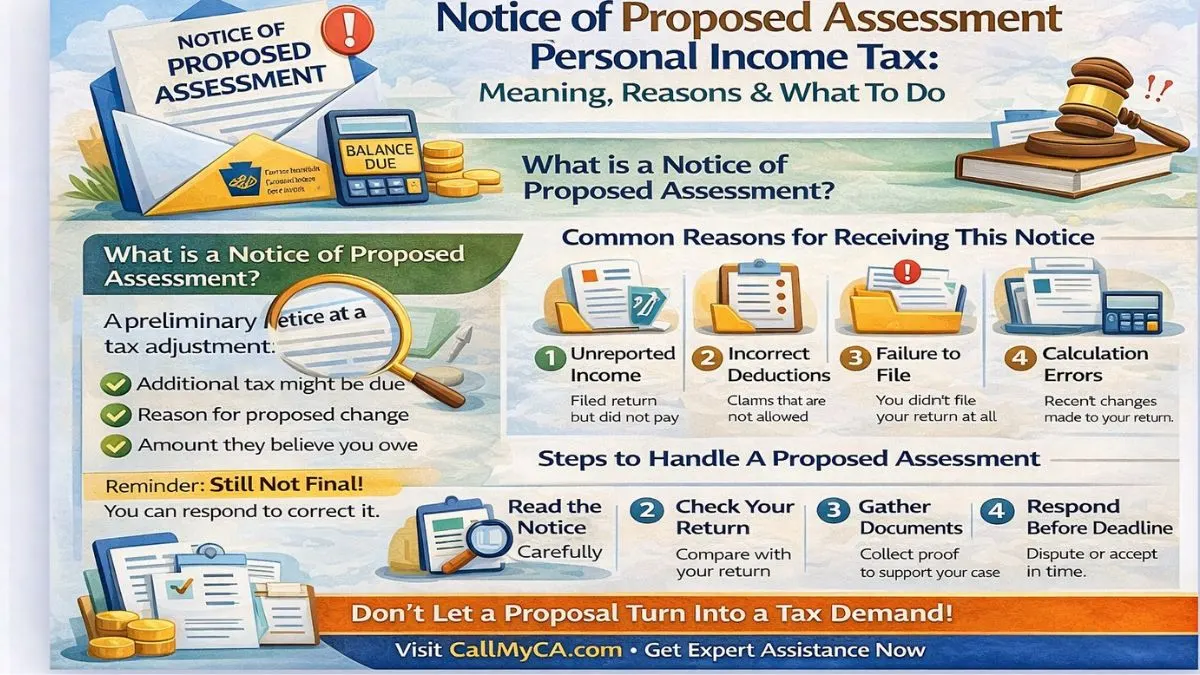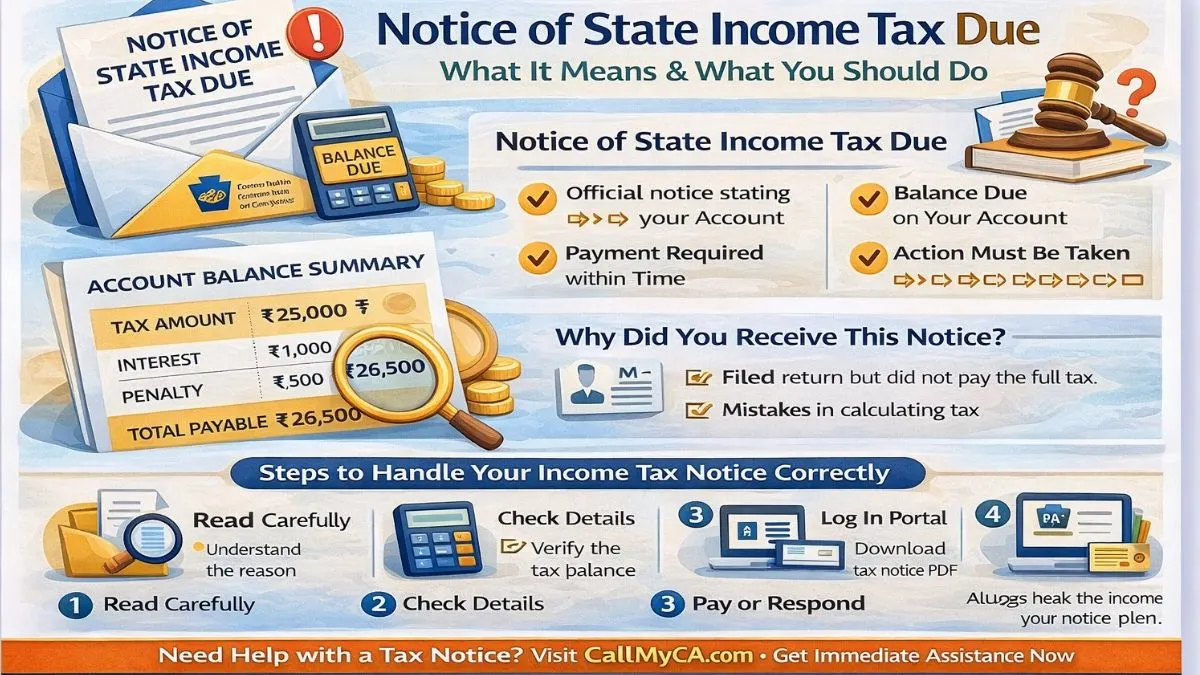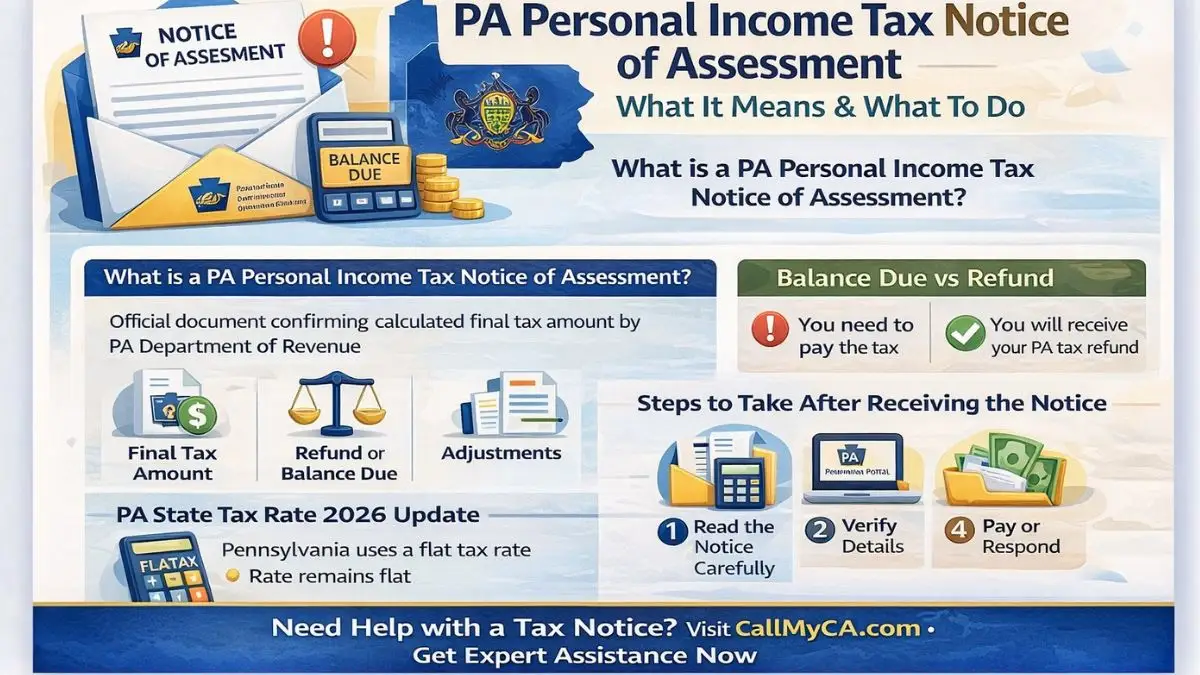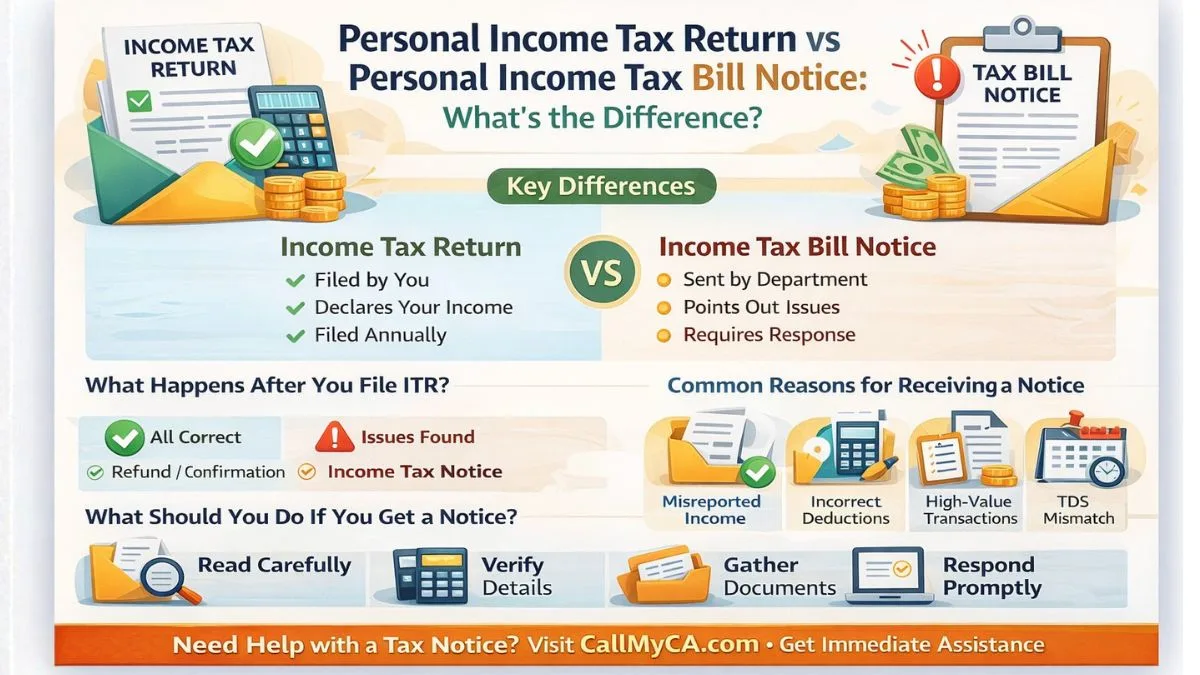
Disputes between taxpayers and the Income Tax Department are not new. Often, taxpayers disagree with the assessment order passed by the Assessing Officer (AO). To ensure justice, the Income Tax Act provides an appellate mechanism. One of the most significant provisions in this mechanism is Section 251 of the Income Tax Act, 1961.
This section outlines the powers of the Commissioner of Income Tax (Appeals), commonly referred to as CIT(A). By giving appellate powers, Section 251 allows CIT(A) to review orders, rectify injustices, and balance the rights of taxpayers with the duty of revenue collection. Simply put, it acts as a safeguard for taxpayers who feel wrongly assessed.
What is Section 251 of the Income Tax Act?
Section 251 of the Income Tax Act is the legal provision that empowers the CIT(A) to pass orders in appeals filed by taxpayers. When an appeal is made against an order of assessment, penalty, or other tax-related issues, the CIT(A) examines the facts, reviews the law, & delivers a fresh decision.
The core powers provided under this section can be summarized as:
- He may confirm, reduce, enhance, or annul the assessment.
- CIT(A) may also confirm or cancel penalties imposed.
- In some cases, CIT(A) may set aside the order & direct fresh consideration by the Assessing Officer.
Thus, Section 251 is a powerful tool in the hands of the appellate authority, providing a fair chance for taxpayers to contest their case.
Also Read: Appeals Process Before the Commissioner of Income Tax (Appeals)
Powers of CIT(A) Under Section 251
The powers of the CIT(A) of enhancement under Section 251 of Income Tax Act are wide-ranging. Some of the key appellate powers include:
- Confirming an Assessment – If the CIT(A) finds the AO’s order correct, they may confirm it.
- Reducing an Assessment – If the income has been over-assessed, CIT(A) can reduce it.
- Enhancing an Assessment – If income has been under-assessed, CIT(A) may increase it."
- Annuling an Assessment – If the order is invalid in law, CIT(A) can annul it completely.
- Penalties – CIT(A) may confirm or cancel penalties imposed under different sections.
This means CIT(A) does not simply act as a rubber stamp; instead, they function as a quasi-judicial authority with independent decision-making powers.
Section 251(1)(c) and Its Importance
A special clause, Section 251(1)(c), gives additional powers to the CIT(A). Under this, the Commissioner (Appeals) is empowered under section 251(1)(c) to decide appeals relating to matters such as the denial of registration to charitable trusts, cancellation of exemptions, or other orders passed by tax authorities.
This ensures that appeals are not limited to income assessment alone but also extend to broader issues faced by taxpayers.
Arm’s Length Principle and Related Persons
Section 251 also touches upon the concept of related persons. The law emphasizes that related persons shall be deemed not to deal with each other at arm’s length. This principle is important because in many cases, income may be shifted or manipulated through transactions with related parties.
For example:
- If a company sells goods to its sister concern at below market rates, the CIT(A) has the power to enhance assessment based on fair value.
- If related persons are found structuring deals to avoid tax, CIT(A) may re-calculate the taxable income.
This prevents misuse of relationships for tax avoidance & strengthens the integrity of the taxation system.
Why Section 251 is Crucial
- Protects Taxpayers – Gives them a chance to appeal against unfair assessments.
- Checks Tax Officials – Ensures that Assessing Officers’ powers are not misused.
- Independent Review – Provides quasi-judicial scrutiny of orders.
- Flexibility in Decisions – From reducing to annulling an assessment, multiple remedies are available.
- Fairness in Taxation – Ensures that assessments reflect actual income & not arbitrary figures.
Also Read: Provision for Cases Where Assessment is in Pursuance of an Order on Appeal
CIT(A) vs Assessing Officer
While the AO is the first authority to assess income, CIT(A) acts as a higher authority reviewing those decisions.
- AO’s role is investigative & administrative.
- CIT(A)’s role is appellate & judicial.
This two-tier system ensures checks & balances within the income tax framework.
Practical Example
Suppose Mr. Sharma, a businessman, was assessed with an additional income of ₹20 lakhs by the AO, resulting in higher tax liability. Mr. Sharma believed that certain deductions were wrongly disallowed. He filed an appeal under Section 246A.
Upon review, the CIT(A) under Section 251 analyzed the facts & found that deductions were partly valid. He reduced the taxable income by ₹8 lakhs. In another case, if the CIT(A) had found that Mr. Sharma had under-reported more income, he could have enhanced the assessment instead."
This example shows how CIT(A) uses discretionary powers to ensure fairness.
Limits of Powers Under Section 251
While CIT(A) enjoys wide powers, there are limits:
- Enhancement can be done only after giving the taxpayer a chance to be heard.
- CIT(A) cannot introduce completely new sources of income not considered by the AO."
- Appeals must be confined to issues raised by the taxpayer, except in enhancement cases.
Thus, while Section 251 is powerful, it balances authority with taxpayer rights.
Also Read: The High Court Route for Income Tax Appeals
Impact on Businesses and Individuals
For businesses & individuals, Section 251 is a lifeline when faced with unfair assessments. It:
- Saves them from arbitrary tax demands.
- Provides a cost-effective alternative to lengthy court battles."
- Ensures that legitimate deductions, exemptions, and claims are recognized.
This makes Section 251 highly relevant in today’s complex tax environment where compliance costs are high, & disputes are common.
Conclusion
Section 251 of the Income Tax Act plays a pivotal role in ensuring justice in tax administration. By giving appellate powers to the CIT(A), it creates a balance between taxpayer rights & the government’s duty to collect revenue. The provision that he may confirm, reduce, enhance, or annul the assessment makes it highly flexible. Moreover, the Commissioner (Appeals) is empowered under section 251(1)(c) to handle broader disputes, including those involving related persons not dealing at arm’s length.
In short, Section 251 is not just a provision—it is a safeguard that ensures fairness, transparency, & accountability in taxation.
👉 If you want expert guidance on appeals, assessments, or tax disputes under Section 251, visit Callmyca.com today & let our experts make the law work in your favor.










